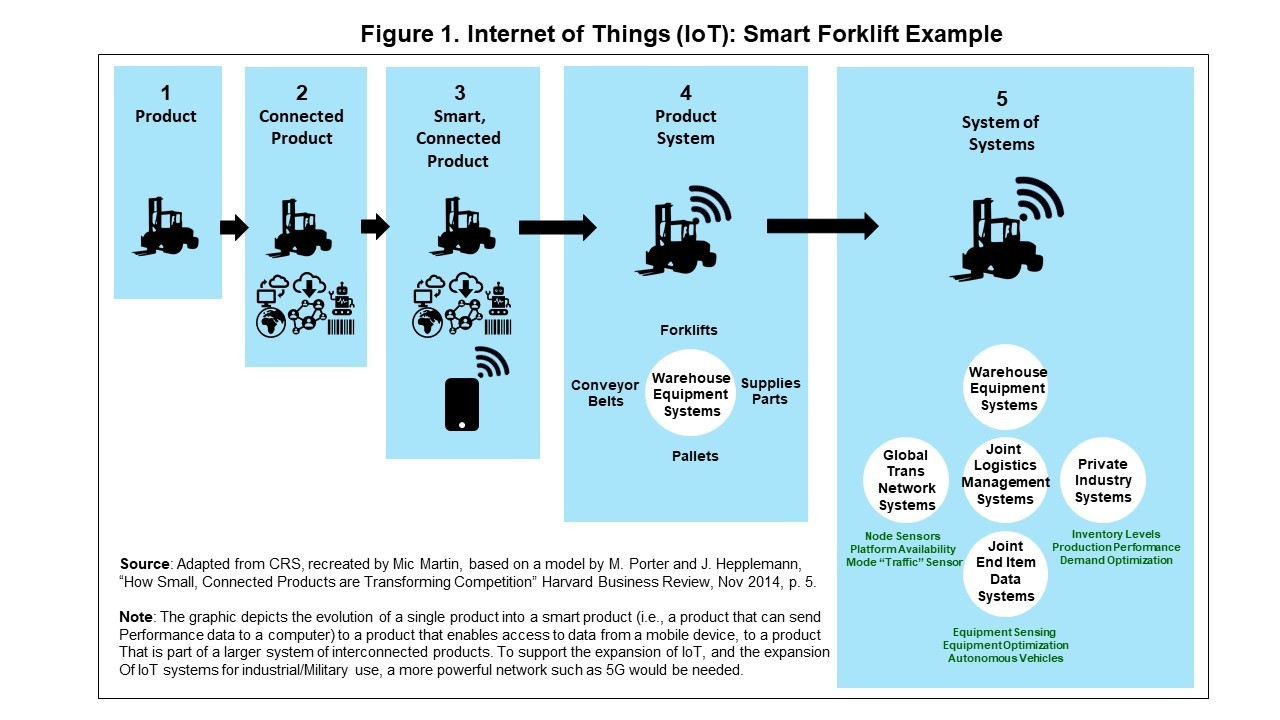How 5G is Transforming Military Operations and Defense Tech
telcomatraining.com – The fifth generation of wireless technology, known as 5G, is making waves far beyond the consumer market. While it powers faster smartphones and smart cities, 5G is also reshaping the landscape of military operations and defense technology. With ultra-low latency, higher data speeds, and the ability to connect vast numbers of devices simultaneously, 5G offers unprecedented opportunities for modern warfare and national security. In this article, we’ll explore how 5G is transforming the defense sector and enabling a new era of military capabilities.
Enhanced Communication and Real-Time Data Sharing
One of the most significant impacts of 5G in military operations is enhanced communication. Traditional communication networks often suffer from latency issues, especially in remote or hostile environments. 5G’s ultra-low latency—often less than one millisecond—allows for real-time data transmission between units, command centers, and autonomous systems. This means faster decision-making, more accurate targeting, and reduced risks during combat.
Real-time video surveillance, live drone feeds, and on-the-ground soldier communications can all be seamlessly integrated. Troops can now access battlefield data instantaneously, improving situational awareness and coordination.
Powering Autonomous Vehicles and Drones
Autonomous military vehicles and drones rely heavily on uninterrupted connectivity and fast data processing. With 5G, unmanned ground vehicles (UGVs), aerial drones, and underwater drones can operate with improved precision and responsiveness. These systems can communicate with each other and with operators in real time, adjusting to changing conditions without delay.
In surveillance missions, 5G enables drones to stream high-definition video back to command units without lag. In combat scenarios, AI-powered drones can process vast amounts of data on the fly and respond to threats autonomously, increasing effectiveness and reducing the need for human intervention.
Smart Bases and IoT Integration
The integration of 5G with the Internet of Things (IoT) is revolutionizing the concept of smart military bases. Sensors connected via 5G can monitor everything from perimeter security to equipment maintenance needs. For example, predictive maintenance systems can alert technicians before a piece of machinery fails, saving time and resources.
Additionally, 5G-connected IoT devices can enhance logistics, monitor energy consumption, and automate facility management. These efficiencies not only streamline military operations but also reduce operational costs and increase overall readiness.
Cybersecurity and Network Slicing
While 5G opens doors to new capabilities, it also introduces new cybersecurity challenges. However, one of the key benefits of 5G is network slicing—the ability to create multiple virtual networks on a single physical infrastructure. Military operations can use private network slices, ensuring secure, dedicated communication lines that are resistant to external interference or hacking.
Moreover, with end-to-end encryption and improved authentication protocols, 5G networks can be configured to meet strict military-grade security standards. Defense organizations are also exploring quantum encryption to further secure 5G-powered systems from cyber threats.
Training, Simulation, and Augmented Reality
Training is another area where 5G has a transformative effect. Military simulations and augmented reality (AR) systems can run more smoothly with 5G’s high bandwidth and low latency. Soldiers can participate in hyper-realistic training environments that mimic real-world combat scenarios. These immersive experiences enhance readiness and allow for safer, more effective skill development.
Furthermore, remote training can become more widespread, enabling instructors and trainees to connect globally in real time without the limitations of slower legacy networks.
Conclusion
5G technology is not just a commercial innovation—it is a strategic asset in modern defense. From real-time communications and drone operations to smart bases and advanced training tools, the military applications of 5G are vast and game-changing. As nations continue to develop and deploy 5G infrastructure, defense departments around the world are investing in its potential to create more agile, informed, and secure armed forces.
The transformation is already underway, and as 5G technology matures, its role in military operations will only continue to grow.







